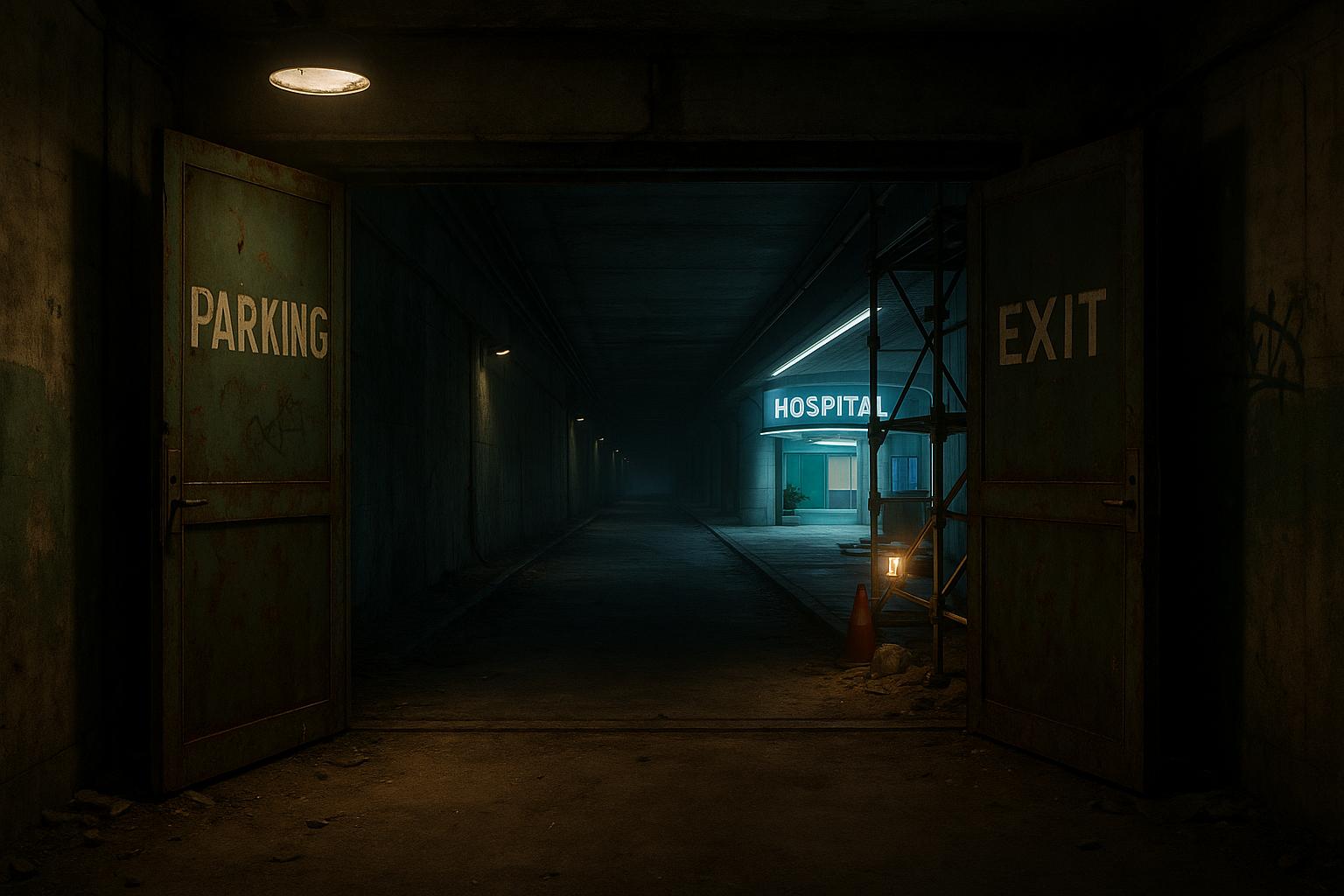Westminster City Council is moving forward with plans to redevelop Cavendish Square Gardens, a public park located near Oxford Street, with significant changes poised for the underground car park beneath it. The council is being urged to accept the surrender of the lease for the car park by Q Park and subsequently hand over the space to the developer Reed Group. In addition, council officers are recommending granting Reed a short occupational lease of no more than seven years to carry out improvement works.
The redevelopment proposal includes enhancements to the garden itself, such as nearly doubling the size of the pedestrian footway surrounding the square, installing a new "moat-like" water feature, and constructing new entrances on the southwest side of the park. Meanwhile, the existing underground car park—a three-storey facility built in the 1970s with 432 parking spaces—is set to be transformed into a cutting-edge subterranean healthcare and wellbeing complex. Plans call for converting and expanding the car park from three to four basement levels, incorporating healthcare facilities that could include a hospital, alongside offices, retail, entertainment, and leisure areas. This ambitious development aims to establish the UK’s first underground health and wellbeing destination.
Q Park, which currently operates the underground car park with a lease running until 2036, has expressed support for the redevelopment plans and is willing to surrender its lease in favour of Reed Group’s vision. The council intends to retain ownership of the garden area but sell the underground space to Reed Group, anticipating that the transaction will generate around £42 million in revenue. This approach requires formal advertisement and approval due to the land’s status as part of an open space, a necessity under the council’s regulatory obligations.
Construction is anticipated to begin next year, with an expected completion date in 2023. The transformation of the car park into a health and leisure hub aligns with broader regeneration efforts underway for Oxford Street, aimed at revitalising one of London’s busiest shopping districts by enhancing its appeal and functionality.
This development reflects a growing trend in urban planning where subterranean spaces are repurposed to maximise land use in densely populated city centres. While the original car park provided essential parking facilities for shoppers and visitors to the surrounding retail area, the shift toward a multi-use health and wellbeing complex also signals a pivot towards integrated community services in central London.
Q Park’s current underground facility includes 24/7 access, security features such as CCTV, and dedicated disabled parking spaces. However, height restrictions and lift access limitations have been noted, factors that highlight the necessity for modernisation. Reed Group’s redevelopment plans appear designed to remedy these constraints while creating a new landmark destination beneath Cavendish Square.
The project is not without its complexities, especially given the historical nature of Cavendish Square, which dates back to its layout as a garden in 1717, and the legal protections for open spaces under acts like the London Squares Preservation Act of 1931. Nevertheless, the council’s approval marks a significant step in reconciling heritage with contemporary urban development demands.
📌 Reference Map:
- Paragraph 1 – [1], [2]
- Paragraph 2 – [2], [3], [7]
- Paragraph 3 – [2], [6]
- Paragraph 4 – [3], [7]
- Paragraph 5 – [2], [7]
- Paragraph 6 – [4], [5]
- Paragraph 7 – [6], [2]
Source: Noah Wire Services
